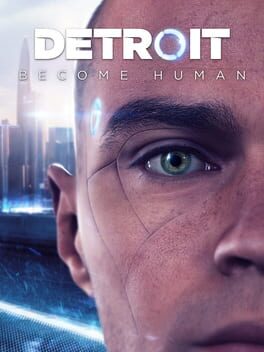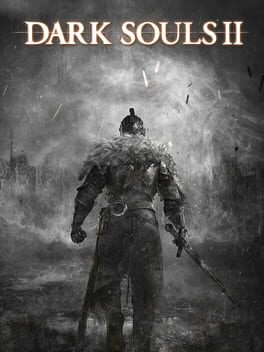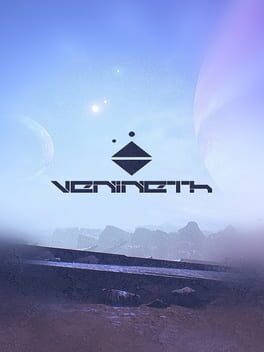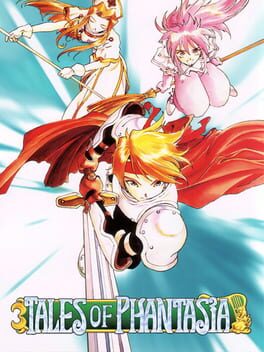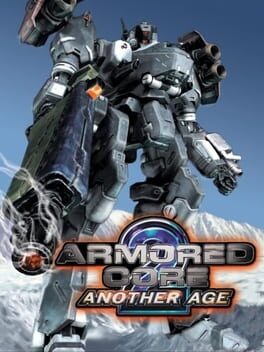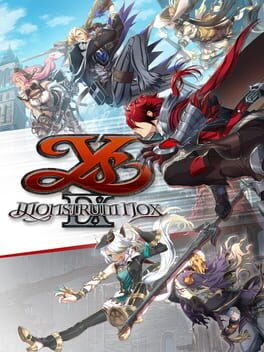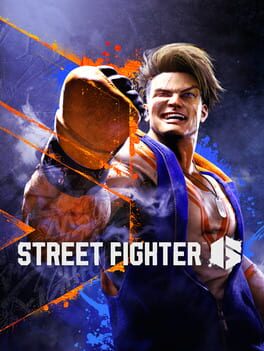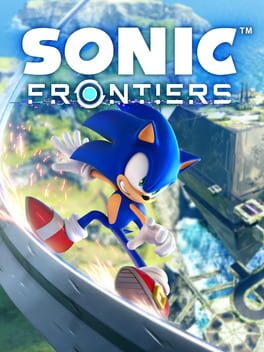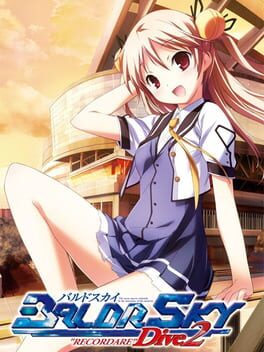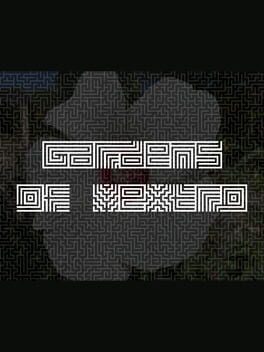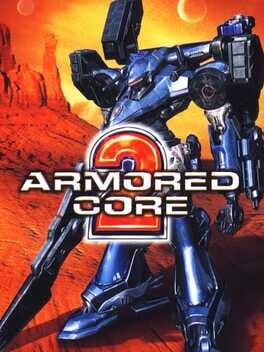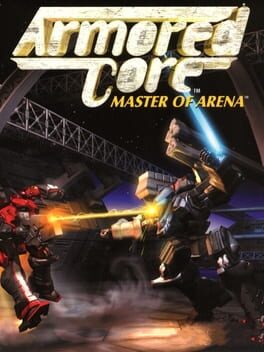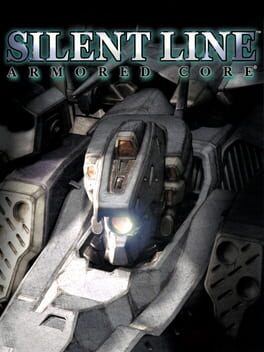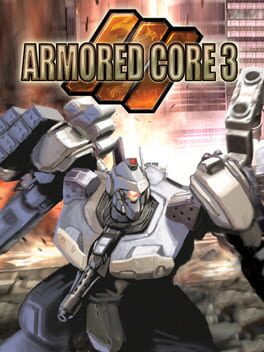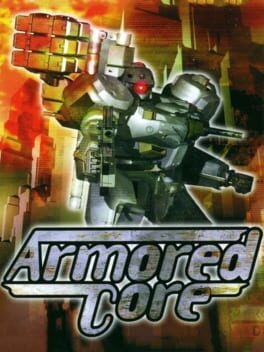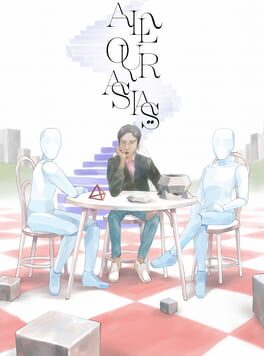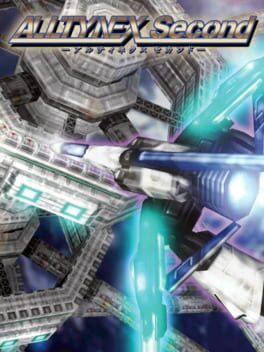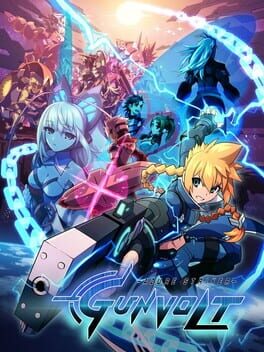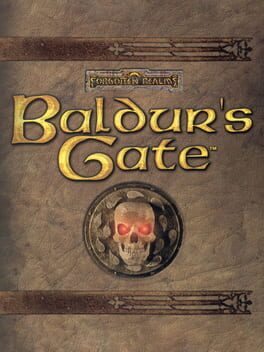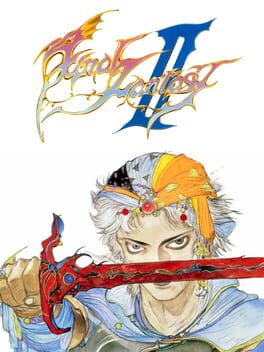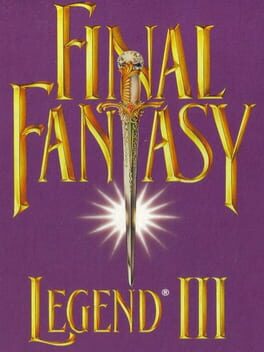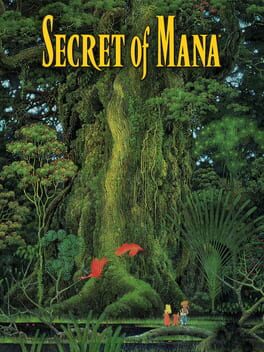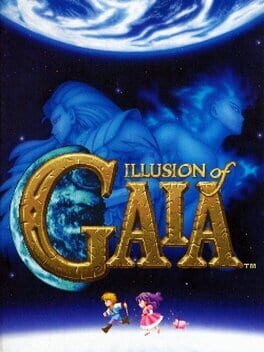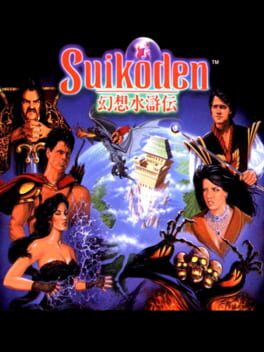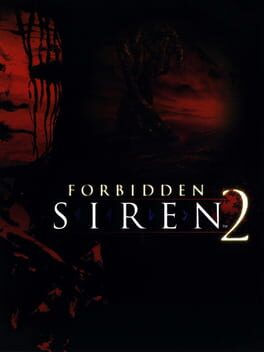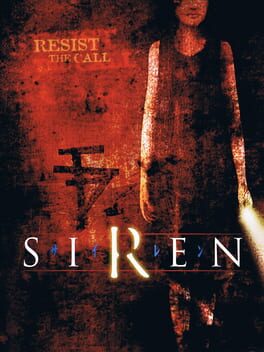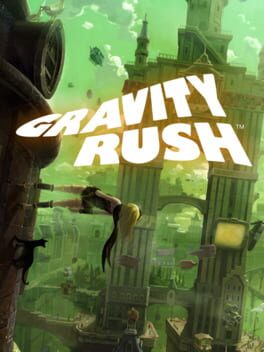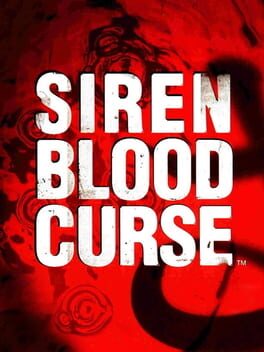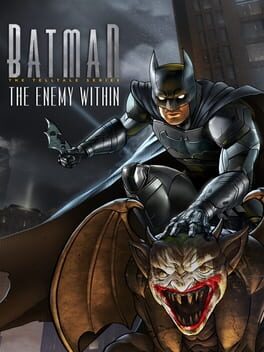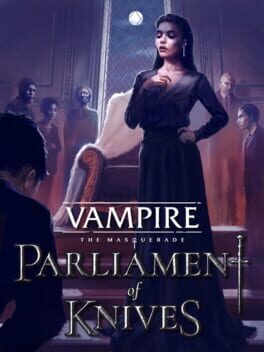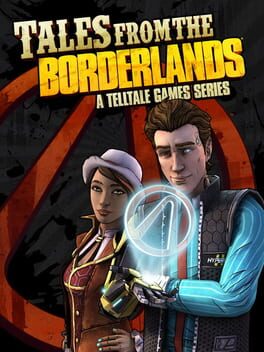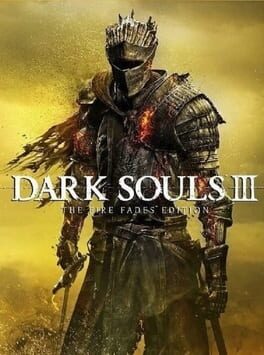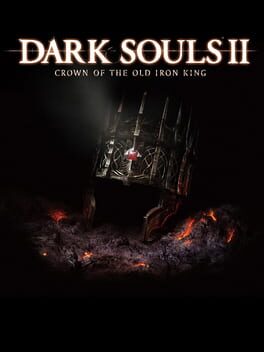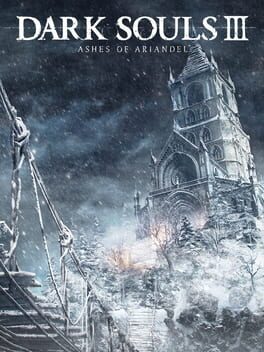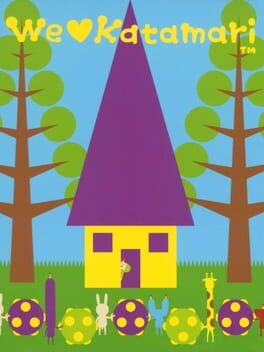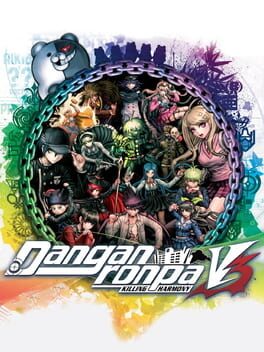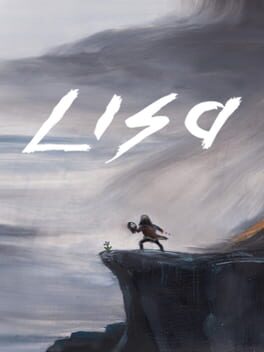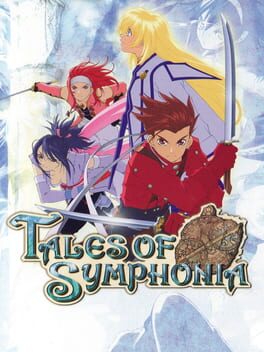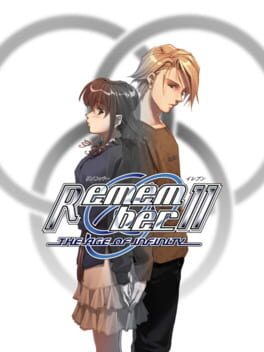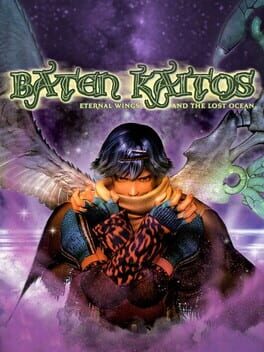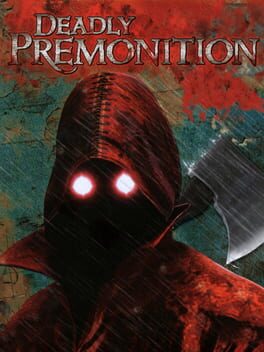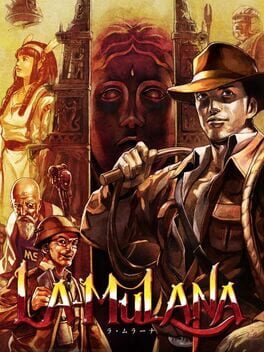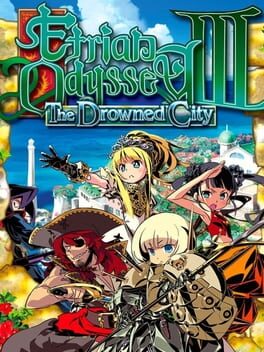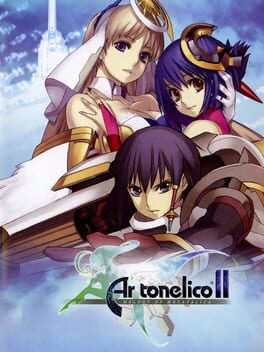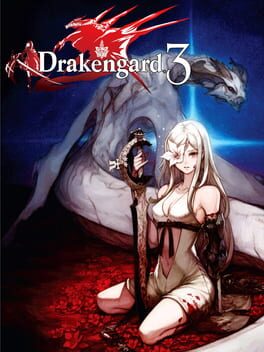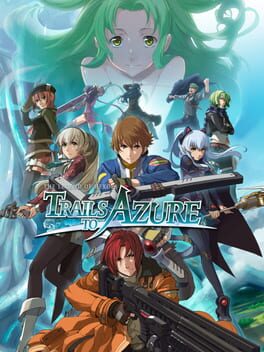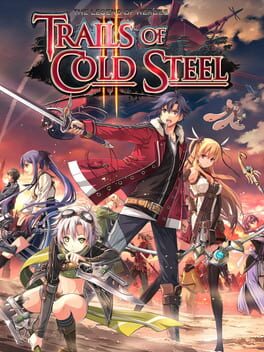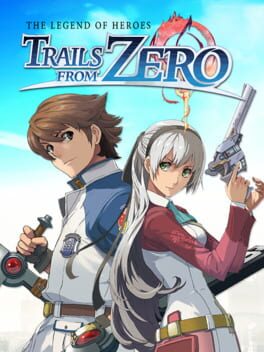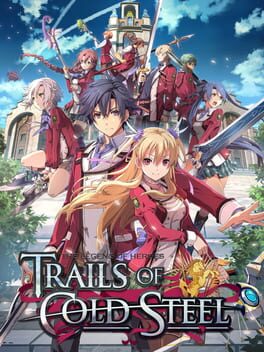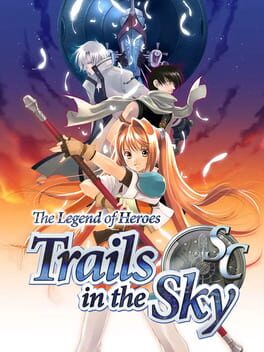Comfort
99 reviews liked by Comfort
A estas alturas no le descubro a nadie nada si le digo que Detroit: Become Human es, como cualquier otra obra de Quantic Dream, una idea profundamente fallida que se desploma por su propio peso, y que cualquier virtud que puedas hallar a las horas echadas para diseñar este monstruo (el impresionante árbol de decisiones, la calidad singular de algunas escenas e incluso, por difícil que cueste creer, la fuerza de algunas partes del guion) se va a ver menoscabada por multitud de pequeños detalles molestos que dejan del trabajo de Quantic Dream una impresión antipática. Pero lo que no he visto comentar mucho es que, detrás de todas sus ínfulas de "película interactiva", lo que los trabajos del estudio francés me recuerdan sobre todo es al boom de la aventura gráfica europea de los 2000. Detroit: Become Human no merece ser burlado por no lograr, pese a todo el dinero invertido, acercarse a Blade Runner o a Yo, Robot; merece ser burlado por no acercarse a la calidad de Post Mortem y Still Life.
Sinceramente, me da más lástima que otra cosa a estas alturas.
--------------------------------
At this point I'm not telling anything new if I say Detroit: Become Human is, like any previous Quantic Dream work, a deeply flawed idea work collapses under its own weight, or that any virtue that you may find within, like the choice tree, the quality of some maps and even, as hard as it is to believe, the strength of some aspects of the script, will be undermined by many annoying little details that leave a heavily unpleasant experience. But what I haven't seen being talked about that much is that, behind all its "interactive movie" pretensions, this French studio's work sits closely to the European graphic adventures of the 2000s than anything else. Detroit: Become Human doesn't deserve to be mocked for failing to look like Blade Runner or I, Robot. It deserves to be mocked for reaching the quality of Post Mortem and Still Life.
Honestly, I pity these games more than anything else by now.
Sinceramente, me da más lástima que otra cosa a estas alturas.
--------------------------------
At this point I'm not telling anything new if I say Detroit: Become Human is, like any previous Quantic Dream work, a deeply flawed idea work collapses under its own weight, or that any virtue that you may find within, like the choice tree, the quality of some maps and even, as hard as it is to believe, the strength of some aspects of the script, will be undermined by many annoying little details that leave a heavily unpleasant experience. But what I haven't seen being talked about that much is that, behind all its "interactive movie" pretensions, this French studio's work sits closely to the European graphic adventures of the 2000s than anything else. Detroit: Become Human doesn't deserve to be mocked for failing to look like Blade Runner or I, Robot. It deserves to be mocked for reaching the quality of Post Mortem and Still Life.
Honestly, I pity these games more than anything else by now.
Dark Souls II
2014
nothing embodies this experience better than the 1-2 punch of the loopy arthouse perfume commercial intro followed almost directly by the mcdonalds ass "595839122 deaths served worldwide" advert in majula
on one hand we got a game with the foresight of a haruspex that envisions the ever-escalating arms race the series would find itself in and tries to preempt it with radical mechanical changes, and on the other we got a game that thinks Rat With a Mohawk is a really sick idea for a boss
this thing is the living end; the result of a wild disregard for anything fans consider sacred and a critical eye that found dark souls' core pillars wanting. given the chance to do a remix/remaster they chose to ignore all feedback, double down on all the bullshit, and name it SCHOLAR OF THE FIRST SIN like it's a terrence malick movie. the haters never had a prayer against this kind of power
oscillates between achingly beautiful and sandy petersen's work on doom II. presents characters as haunting as vendrick and lucatiel then goes and reskins dark souls' most emotionally resonant encounter as ripper roo. both modern fromsoft's most melancholic, human game, and the only one where you're forced to play as an absolute mutant
I'm at the point where I'm glad the lighting got downgraded before it came out. it should be fucked, it needs to feel sickly and eroded and wrong. iron keep has to be something you can't understand, and the transition from shaded woods to drangleic castle has to be as disorienting as possible. every time you question the earthen peak elevator I only grow stronger and more insufferable
this is the response to a call no one made. it's gotchas behind gotchas behind gotchas, noble failures, bandai namco PTDE marketing quotes, and fromsoft's most indulgently experimental design since demon's souls. it's the bondage gimp door, the gender swap coffin, npc invaders modeled after the most dickhead player behaviour possible, and the cumulative psychic damage of the frigid outskirts
it's fighting the rotten four times to skip half the game, becoming drangleic's next top model, and having NAMELESS CHAD kill you while you idle in iron keep. it's backstep iframes, powerstancing demon hammers, unbelievably good pvp, and yui tanimura's masterful turn as director of the dlc trilogy
talk all the shit you want:
a lie will remain a lie
on one hand we got a game with the foresight of a haruspex that envisions the ever-escalating arms race the series would find itself in and tries to preempt it with radical mechanical changes, and on the other we got a game that thinks Rat With a Mohawk is a really sick idea for a boss
this thing is the living end; the result of a wild disregard for anything fans consider sacred and a critical eye that found dark souls' core pillars wanting. given the chance to do a remix/remaster they chose to ignore all feedback, double down on all the bullshit, and name it SCHOLAR OF THE FIRST SIN like it's a terrence malick movie. the haters never had a prayer against this kind of power
oscillates between achingly beautiful and sandy petersen's work on doom II. presents characters as haunting as vendrick and lucatiel then goes and reskins dark souls' most emotionally resonant encounter as ripper roo. both modern fromsoft's most melancholic, human game, and the only one where you're forced to play as an absolute mutant
I'm at the point where I'm glad the lighting got downgraded before it came out. it should be fucked, it needs to feel sickly and eroded and wrong. iron keep has to be something you can't understand, and the transition from shaded woods to drangleic castle has to be as disorienting as possible. every time you question the earthen peak elevator I only grow stronger and more insufferable
this is the response to a call no one made. it's gotchas behind gotchas behind gotchas, noble failures, bandai namco PTDE marketing quotes, and fromsoft's most indulgently experimental design since demon's souls. it's the bondage gimp door, the gender swap coffin, npc invaders modeled after the most dickhead player behaviour possible, and the cumulative psychic damage of the frigid outskirts
it's fighting the rotten four times to skip half the game, becoming drangleic's next top model, and having NAMELESS CHAD kill you while you idle in iron keep. it's backstep iframes, powerstancing demon hammers, unbelievably good pvp, and yui tanimura's masterful turn as director of the dlc trilogy
talk all the shit you want:
a lie will remain a lie
Venineth
2020
Tales of Phantasia
1998
Loved this to bits -- it's solid and excellent, in a subtle way. A few notes:
- This isn't Final Fantasy VII -- dungeons are numerous, mazey, long, and chock-full of random encounters. Multiple times the main story pauses until you go to two or three dungeons (in any order) to get the required plot tokens. This is bad if you see rpg dungeons as an unpleasant obstacle in the way of progressing the rpg story. But I loved the combat system, and I was in the mood for a classic, dungeon-y, meat-and-potatoes jrpg, so I had a really fun time.
- Small cast sizes are good! There are only six playable characters, and they all get plenty of time to shine throughout the story. I semi-recently played FF9 and Xenogears for the first time; both those games have much bigger casts, and both drop the ball with many of their characters. There are no Ricos or Freyas here, characters with a couple good scenes early on that have nothing to do otherwise. The skits, added in the PSX remake, obviously go a long way in helping me further connect with the characters. Their ending resolutions, and the extended pre-final dungeon scene in Early, cemented them in my heart as an all-time favorite rpg cast. (The excellent, playful writing in the Phantasian Productions patch also definitely helped.)
- The main villain is introduced in the first seconds of the game, and he stays the main villain for the entire story. There's no bait-and-switch, no big twist. There are two main act break setpieces, one about three hours in and one about twenty hours in, that each further establish the villain and develop your relationship with him. When I got to the finale and the full arc of his story was revealed to me, I was really moved. A big part of that is that they didn't pull a new villain out of their ass for the final boss -- this is Dhaos's story from start to finish as much as it is Cress and co.'s, and that's a rare feat for an RPG story.
The only other Tales game I've played is Vesperia, and it frustrated me because of its extremely long, sloppy story full of dropped threads and its very easy fighting. Phantasia was the perfect antidote -- it's more tightly focused, and the dramatic fights kicked my ass. I have a lot of friends that adore Tales; I'm really happy I found the right game to invite me into the series.
- This isn't Final Fantasy VII -- dungeons are numerous, mazey, long, and chock-full of random encounters. Multiple times the main story pauses until you go to two or three dungeons (in any order) to get the required plot tokens. This is bad if you see rpg dungeons as an unpleasant obstacle in the way of progressing the rpg story. But I loved the combat system, and I was in the mood for a classic, dungeon-y, meat-and-potatoes jrpg, so I had a really fun time.
- Small cast sizes are good! There are only six playable characters, and they all get plenty of time to shine throughout the story. I semi-recently played FF9 and Xenogears for the first time; both those games have much bigger casts, and both drop the ball with many of their characters. There are no Ricos or Freyas here, characters with a couple good scenes early on that have nothing to do otherwise. The skits, added in the PSX remake, obviously go a long way in helping me further connect with the characters. Their ending resolutions, and the extended pre-final dungeon scene in Early, cemented them in my heart as an all-time favorite rpg cast. (The excellent, playful writing in the Phantasian Productions patch also definitely helped.)
- The main villain is introduced in the first seconds of the game, and he stays the main villain for the entire story. There's no bait-and-switch, no big twist. There are two main act break setpieces, one about three hours in and one about twenty hours in, that each further establish the villain and develop your relationship with him. When I got to the finale and the full arc of his story was revealed to me, I was really moved. A big part of that is that they didn't pull a new villain out of their ass for the final boss -- this is Dhaos's story from start to finish as much as it is Cress and co.'s, and that's a rare feat for an RPG story.
The only other Tales game I've played is Vesperia, and it frustrated me because of its extremely long, sloppy story full of dropped threads and its very easy fighting. Phantasia was the perfect antidote -- it's more tightly focused, and the dramatic fights kicked my ass. I have a lot of friends that adore Tales; I'm really happy I found the right game to invite me into the series.
Ys IX: Monstrum Nox
2019
somehow they did the impossible and made me tear up a bit with adol
being the latest in the chronology, it makes sense the game felt like an absolute payoff to the series up to date. not only when it comes to making your overall investment in previous games worth it narrative-wise (something i never thought i'd say about Ys), but also as an emotional climax for our adventure, specially for all the games with a deeper character-focus story as it has been with all the party-system games from Seven onwards.
it's not the perfect Ys however, there's a lot of stuff that bothered me when it comes to combat complexity, the repetitive nature of the scenario and the enemies/bosses, and as usual with those games even if i really like them a lot, i rarely ever LOVE them.
for me, this was an absolute improvement coming from Lacrimosa of Dana. i understand why most people will prefer VIII, but the changes for me weren't a detriment, i think they actually makes the experience more enjoyable - a deeper focus on what they expect from you as player, and less filler territory to explore. for once, i'm glad an Ys game was less about the land you explored, and more about the place you live in.
being the latest in the chronology, it makes sense the game felt like an absolute payoff to the series up to date. not only when it comes to making your overall investment in previous games worth it narrative-wise (something i never thought i'd say about Ys), but also as an emotional climax for our adventure, specially for all the games with a deeper character-focus story as it has been with all the party-system games from Seven onwards.
it's not the perfect Ys however, there's a lot of stuff that bothered me when it comes to combat complexity, the repetitive nature of the scenario and the enemies/bosses, and as usual with those games even if i really like them a lot, i rarely ever LOVE them.
for me, this was an absolute improvement coming from Lacrimosa of Dana. i understand why most people will prefer VIII, but the changes for me weren't a detriment, i think they actually makes the experience more enjoyable - a deeper focus on what they expect from you as player, and less filler territory to explore. for once, i'm glad an Ys game was less about the land you explored, and more about the place you live in.
Street Fighter 6
2023
just a casual update on this. prior to the game's newly implemented master rate update - which introduced ELO as a separate, zero-sum figure which factored into matchmaking and more clearly delineated skill in players - a charitable interpretation of the game's ranking system would be as an extension of the game's thesis, the idea that the journey for strength is never-ending. and there was certainly an appeal to that: now that you've reached master rank, you'll have to duke it out with every other person who put in the time and managed to make it to the top.
on a mechanical level, though, this felt tangential at best, and over time would likely only result in an increasingly lopsided system where most players had managed to get into master rank just by playing the game over a long enough stretch of time. having master rate now lends each and every battle this genuine tension & palpable weight. after all, nobody wants to be at the bottom of that leaderboard. nakayama's team designed sf6 with the notion that the versus mode is philosophically endgame content, a mode that, for absolute newcomers, should best be reserved until after the completion of world tour and some additional reps in practice. with this in mind, master rate goes beyond just 'endgame' content - it feels like a high level expansion where you're invited to prove your salt.
for my part, i've enjoyed two brief stints in the top 25 north american dhalsims, although as it turns out the mantle is hard to keep (as of writing: #45). is it impressive? i dunno, i feel like i have a lot more to learn and my character is underplayed by a margin of almost 200,000 players (as of august 14, there were around 221824 ken users. this is to be contrasted against a paltry 29183 dhalsim users). im not actually really a competitor in the FGC, but id like to keep growing stronger and keep fighting strong opponents. so i dunno, we'll see where this goes.
it's a significant motivator, then, that this is probably my favourite street fighter at this point, as well as probably my favourite fighting game. not to say that this is without fault - i appreciate world tour's inclusion immensely but it's half-cooked, the in-game economy leaves something to be desired, battle passes suck and the devs need to do more to encourage casual retention (further costumes is one thing but what about alternative winscreens, a functional music player, further customization of titles and versus screens, etc), matchmaking needs to be further expanded to utilize the game's strong netcode (why am i somewhat region locked), and no, you're not imagining things, the game's input register really is kind of wacky.
but i think a lot of other complaints at the moment stem from the amplification of certain voices on social media - as well as the fact that these people are also vying for a million dollars in the capcom pro tour and need things to resolve in their favour. so if we can learn to accept third strike as one of the apexes of this genre, a game constructed around problems with no clear, safe answers, a game where half of the normals kind of feel like shit, a game where chun li and yun and ken and all manners of bullshit are allowed to run rampant and free, then we can accept sf6 as a similar work in progress too. an evolving slate, one in which we have to learn - with time - to deal with strong characters and strong universal systems and strong offensive options.
this game really hits this absolute sweet spot of accessibility and depth of systems without presenting straightforward or clear solutions in a way that gets my brow furrowed in concentration and my brain eager to keep playing. i come from a samurai shodown background so everything to do with this central notion of not going on autopilot and guarding against the tendencies of players, in a sense moreso than worrying about the characters they inhabit, strikes a resonant chord with me. im really excited to see where it goes, and of course it goes without saying EVO top 8 this year belongs in the pantheon of fighting game tournaments. just a total gem. thank you capcom for giving me aki on my birthday
addendum: KB0 third strike review, november 2020:
"rather than establishing new legends, this game is about characters unsure about what the future entails, about what their next move should be, about what it even means to continue fighting - they waver, they fail, they practice, they move on. "
what a joy, then, that this is the overarching idea that propels world tour! street fighter has never really had traditionally good narratives, but when it chooses to it has pretty good vignettes and pretty good character writing, both of which world tour thankfully has in spades. very smart to organize a narrative around each character kind of just doing their own thing instead of trying to wrap them all into a sweeping narrative ala SFV.
on a mechanical level, though, this felt tangential at best, and over time would likely only result in an increasingly lopsided system where most players had managed to get into master rank just by playing the game over a long enough stretch of time. having master rate now lends each and every battle this genuine tension & palpable weight. after all, nobody wants to be at the bottom of that leaderboard. nakayama's team designed sf6 with the notion that the versus mode is philosophically endgame content, a mode that, for absolute newcomers, should best be reserved until after the completion of world tour and some additional reps in practice. with this in mind, master rate goes beyond just 'endgame' content - it feels like a high level expansion where you're invited to prove your salt.
for my part, i've enjoyed two brief stints in the top 25 north american dhalsims, although as it turns out the mantle is hard to keep (as of writing: #45). is it impressive? i dunno, i feel like i have a lot more to learn and my character is underplayed by a margin of almost 200,000 players (as of august 14, there were around 221824 ken users. this is to be contrasted against a paltry 29183 dhalsim users). im not actually really a competitor in the FGC, but id like to keep growing stronger and keep fighting strong opponents. so i dunno, we'll see where this goes.
it's a significant motivator, then, that this is probably my favourite street fighter at this point, as well as probably my favourite fighting game. not to say that this is without fault - i appreciate world tour's inclusion immensely but it's half-cooked, the in-game economy leaves something to be desired, battle passes suck and the devs need to do more to encourage casual retention (further costumes is one thing but what about alternative winscreens, a functional music player, further customization of titles and versus screens, etc), matchmaking needs to be further expanded to utilize the game's strong netcode (why am i somewhat region locked), and no, you're not imagining things, the game's input register really is kind of wacky.
but i think a lot of other complaints at the moment stem from the amplification of certain voices on social media - as well as the fact that these people are also vying for a million dollars in the capcom pro tour and need things to resolve in their favour. so if we can learn to accept third strike as one of the apexes of this genre, a game constructed around problems with no clear, safe answers, a game where half of the normals kind of feel like shit, a game where chun li and yun and ken and all manners of bullshit are allowed to run rampant and free, then we can accept sf6 as a similar work in progress too. an evolving slate, one in which we have to learn - with time - to deal with strong characters and strong universal systems and strong offensive options.
this game really hits this absolute sweet spot of accessibility and depth of systems without presenting straightforward or clear solutions in a way that gets my brow furrowed in concentration and my brain eager to keep playing. i come from a samurai shodown background so everything to do with this central notion of not going on autopilot and guarding against the tendencies of players, in a sense moreso than worrying about the characters they inhabit, strikes a resonant chord with me. im really excited to see where it goes, and of course it goes without saying EVO top 8 this year belongs in the pantheon of fighting game tournaments. just a total gem. thank you capcom for giving me aki on my birthday
addendum: KB0 third strike review, november 2020:
"rather than establishing new legends, this game is about characters unsure about what the future entails, about what their next move should be, about what it even means to continue fighting - they waver, they fail, they practice, they move on. "
what a joy, then, that this is the overarching idea that propels world tour! street fighter has never really had traditionally good narratives, but when it chooses to it has pretty good vignettes and pretty good character writing, both of which world tour thankfully has in spades. very smart to organize a narrative around each character kind of just doing their own thing instead of trying to wrap them all into a sweeping narrative ala SFV.
Sonic Frontiers
2022
A miserable slog to play, 20+ hours of running around boring fields doing busywork to collect a billion different progression tokens. When it was announced I joked it looked like they dropped sonic in an unreal demo, and then that's exactly what it feels like. I like a lot of the character writing and if the story had fully landed for me I'd probably like the game anyway, but then the climax is a big wet fart. The "final boss fight" is a joke; it's very transparent that the devs played NieR Automata, thought they could pull off something similar, and did NOT have the story chops for it. Please just go play one of the many good platinum games (or sonic adventure 1+2 which are miles better than this).
Gardens of Vextro
2022
I loved this game! (And it's free!) It's an ordered collection of 8 games made by a group of friends, with the condition that each installment is influenced by the story of all previous games. In some ways it's sort of 'epic' in that sense - kind of like how all the stories of Live-a-live or something are related, or something...
It's cool to see the way each game makes use of similar motifs of the white flower, or spatial conceits like a labyrinth, but while expressing each creator's personalities.
Buried Flower - John Thyer - I liked how this built a sense of suspense and also violating whatever flower-grave you were delving into.
Labyrinths - lotus - A short visual novel about a house that slowly empties, their parents disappearing one by one, someone recalling memories of livelier times, also with a kind of sci-fi framing to it.
The Aleph Hustle - LeeRoy Lewin - This reminded me of click-to-move flash games, and with that minimal interaction set managed to convey strongly the sense of a looping and disturbing labyrinth. I won't spoil the twist...
Make Like A Tree - NARFNra - A charming/absurd dungeon crawler that has some neat formal tricks as well as a funny change in tone.
another reverie - saori - A thoughtful and mellow, yuri-inspired (I think) RPG Maker 2k3 aesthetic game that is set outside of a labyrinth, two protagonists who have just finished an adventure and are getting to know each other, revealing potent truths about themselves.
Wet Cemetery - nilson - A 'house-exploration' Twine game that explores someone's time or long history living with parents, relationship to gaming, and body image (and more)
Wellness Related Time - Zeloz Mk. II - Felt like a condensed distillation of Ryukishi07 magic-isms applied to this magical college campus setting. It's fun how it builds the skeleton of this deep magic system in the span of a short visual novel.
Pangea's Error - Sraëka-Lillian - A world map exploration RPG with a Brandish-like rotation gimmick! Learn of the history of a massive world while finding weapons strewn about. I haven't finished this one yet.
It's cool to see the way each game makes use of similar motifs of the white flower, or spatial conceits like a labyrinth, but while expressing each creator's personalities.
Buried Flower - John Thyer - I liked how this built a sense of suspense and also violating whatever flower-grave you were delving into.
Labyrinths - lotus - A short visual novel about a house that slowly empties, their parents disappearing one by one, someone recalling memories of livelier times, also with a kind of sci-fi framing to it.
The Aleph Hustle - LeeRoy Lewin - This reminded me of click-to-move flash games, and with that minimal interaction set managed to convey strongly the sense of a looping and disturbing labyrinth. I won't spoil the twist...
Make Like A Tree - NARFNra - A charming/absurd dungeon crawler that has some neat formal tricks as well as a funny change in tone.
another reverie - saori - A thoughtful and mellow, yuri-inspired (I think) RPG Maker 2k3 aesthetic game that is set outside of a labyrinth, two protagonists who have just finished an adventure and are getting to know each other, revealing potent truths about themselves.
Wet Cemetery - nilson - A 'house-exploration' Twine game that explores someone's time or long history living with parents, relationship to gaming, and body image (and more)
Wellness Related Time - Zeloz Mk. II - Felt like a condensed distillation of Ryukishi07 magic-isms applied to this magical college campus setting. It's fun how it builds the skeleton of this deep magic system in the span of a short visual novel.
Pangea's Error - Sraëka-Lillian - A world map exploration RPG with a Brandish-like rotation gimmick! Learn of the history of a massive world while finding weapons strewn about. I haven't finished this one yet.
21 lists liked by Comfort
by dotmyri |
7 Games
by farawaytimes |
62 Games
by farawaytimes |
25 Games
by Hyamar |
11 Games
by Hyamar |
11 Games
